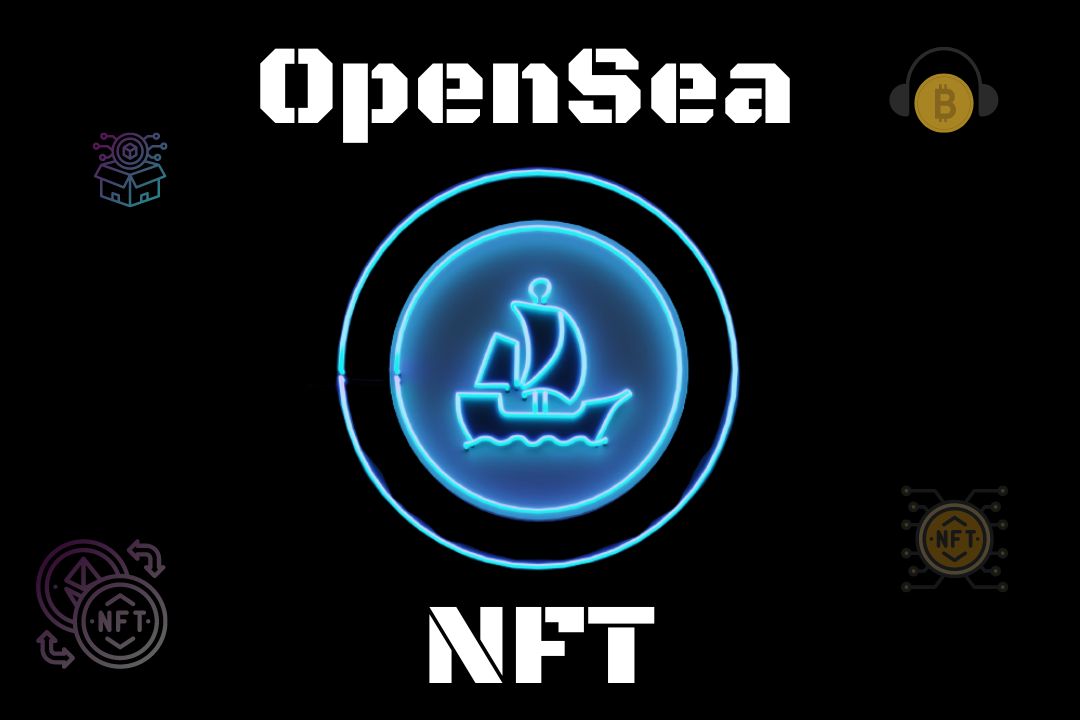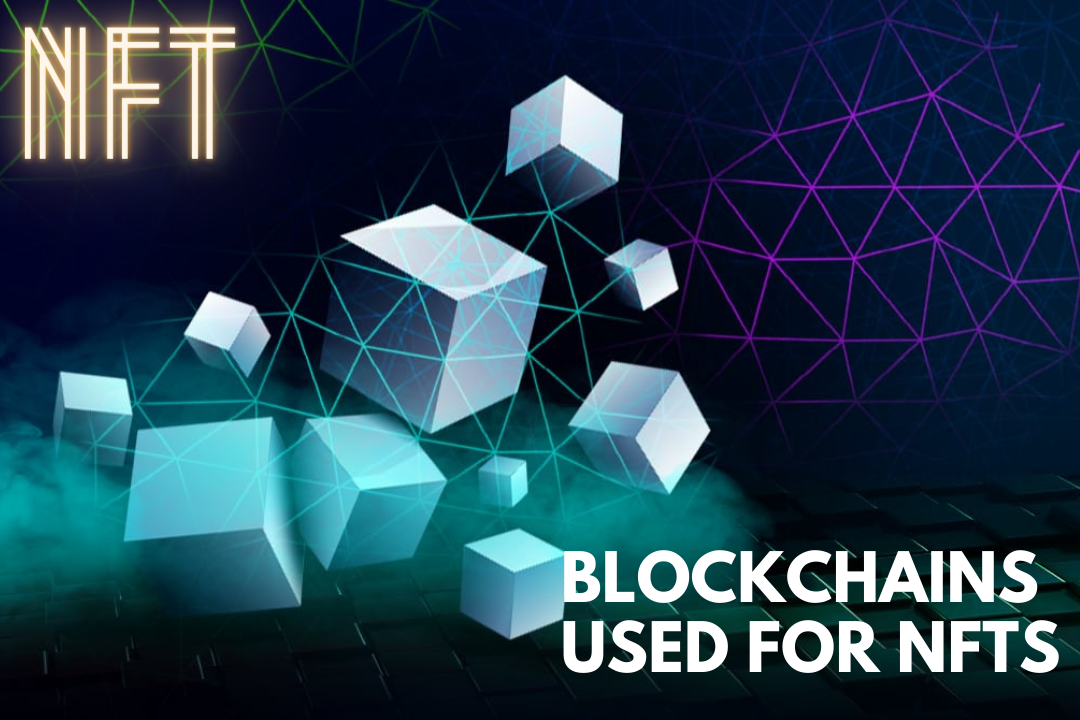A NFT(non-fungible token) is a relatively new concept in the digital world that has generated a lot of buzz. A blockchain stores an NFT, which verifies the legitimacy and ownership of a digital asset through a special digital identifier. Conventional cryptocurrencies cannot divide or exchange NFTs, which makes them distinct and one-of-a-kind
What is NFT (Non-Fungible Token)?
People create and keep Non-Fungible Tokens as digital assets on a blockchain. Such as digital art, music, videos, and even virtual real estate. A smart contract on a blockchain produces NFTs by giving the asset a special identification number and metadata. The tracking and confirmation system enables users to track and confirm the asset as a singular item on the blockchain.

How Do NFT (Non-Fungible TTokens Work?
Non-fungible tokens work by using a blockchain, which is a decentralized and distributed digital ledger that records transactions between parties. The creator of a non-fungible token assigns it a special identification code and associated metadata. The creator of the non-fungible token creates it and then stores the information on the blockchain. Several online marketplaces allow for the purchase, sale, and trade of NFTs. The market and the owners jointly determine the individual value of each NFT. The exchange of NFTs for cash, cryptocurrencies or even other NFTs is possible.
What Does an NFT (Non-Fungible Token) Include?
- NFTs include a reference to digital files, such as photos, videos, or audio.
- The owner of an NFT is the sole proprietor of the related digital file.
- People typically use NFTs for rare or limited-edition items, such as artwork or gaming assets.
- NFTs can also provide a way to store value, access a service, or certify digital items. Such as music and films.
- NFTs contains a digital signature that identifies the owner and the specific digital asset that it represents.
- NFTs may also include metadata, which provides additional information about the digital asset that it represents.
- Blockchain platforms that support NFTs, such as Ethereum, allow users to mint their own NFTs.
- The minting process involves linking the digital file to the NFT and adding it to the blockchain.
- The combination of unique identification and additional information helps to ensure the authenticity and value of NFTs.
- NFTs have gained popularity in recent years due to their ability to provide a secure. Transparent way to verify the ownership and authenticity of digital assets.

How do you record the ownership of an NFT (Non-Fungible Token)?
- The ownership of an NFT is tracked and recorded on the blockchain. A permanent digital ledger that securely stores and records the ownership of assets and digital assets.
- A verified and irrefutable record of who owns the NFT is provided by a blockchain. It is an essential component of the process.
- It is possible to transfer ownership of an NFT, and the blockchain records the transfer.
- This makes NFTs very desirable because people can buy, sell, and trade them like conventional assets.
- In addition, since the blockchain records the ownership transfer of an NFT, it provides a safe, transparent, and irreversible way to transfer ownership.”

What Are The Benefits Of Using NFT (Non-Fungible Token)?
One of the main benefits of non-fungible tokens is that they offer a new way to own them. And exchange digital assets. They provide a secure and transparent way to verify the authenticity and ownership of a digital asset. NFTs provide a way for creators to sell their work directly to fans and collectors. Without the need for intermediaries like galleries or record labels. This allows creators to retain more of the profits from their work and build a direct relationship with their fans.

Benefits of non-fungible tokens:
Proof of ownership: NFTs provide a secure and tamper-proof way to prove ownership of a digital asset. This is because each NFT is uniquely identified on the blockchain. Which serves as a public ledger of ownership.
- Authenticity verification: NFTs provide a way to verify the authenticity of a digital asset. Which is particularly important for works of art and other unique digital creations. This is because the blockchain technology used in NFTs ensures that each asset is unique.
- Fractional ownership: NFTs can be divided into smaller pieces. Which allows for fractional ownership of a digital asset. This can make it easier for fans and collectors to invest in high-value digital assets, such as rare art pieces.
- Royalty collection: Creators can program NFTs to automatically collect royalties each time the asset is resold. This allows creators to continue earning money from their work even after the initial sale.
- Transparency: The blockchain technology used in NFTs provides a transparent and auditable record of ownership and transaction history. This makes it easier to track the ownership and provenance of a digital asset.
- Interoperability: NFTs can be exchanged across different platforms and marketplaces. Which allows for greater liquidity and accessibility for buyers and sellers.
- New revenue streams: NFTs offer new revenue streams for industries beyond the art. Music sectors, including gaming, sports, and real estate.
Creation of NFT (Non-Fungible Token)
- Anyone can create NFTs and develop them with few or no coding skills.
- This has made NFTs highly accessible, as anyone with an idea and a digital asset can create an NFT.
- Creators typically create NFTs using blockchain platforms. Such as Ethereum, which provides the necessary infrastructure to create and manage NFTs.
Contents of NFT (Non-Fungible Token)
- NFTs typically contain references to digital files such as photos, videos, and audio.
- NFTs allow people to represent unique digital assets.
- By creating an NFT of a digital asset. The owner can confirm its authenticity and ownership, which can be valuable in industries such as the arts.
Challenges with NFT (Non-Fungible Token)
- Lack of Regulation: One of the main challenges with NFTs is the lack of regulation. Currently, there is no global regulation for NFTs. This means that the use and trade of NFTs can vary from country to country. This can create challenges for NFT owners and buyers.
- Scalability Issue: Another challenge with NFTs is scalability. Currently, the use of NFTs can be slow and expensive.
- Security Risk: NFTs also pose security risks. This means that NFT owners and buyers may be at risk of losing their NFTs or their digital assets. NFT owners and buyers need to take steps to protect their NFTs. Their digital assets, such as using secure storage solutions and following security best practices.

Applications of NFT (Non-Fungible Token)
- Art and Collectibles: NFTs are coveted in the art world. Artists and collectors can now sell and trade unique digital artworks, such as digital paintings, photographs, and sculptures. This has opened up new avenues for artists to showcase.
- Music and Audio: NFTs are also being used in the music industry to monetize digital audio content. Musicians can use NFTs to sell one-of-a-kind digital copies of their music. And fans can use NFTs to purchase and own unique digital assets, such as limited-edition album releases. This has the potential to help musicians to earn more revenue from their digital content.
- Gaming and Virtual Assets: NFTs are being used in the gaming industry to represent virtual assets. Players can use NFTs to trade and sell virtual assets, which can increase the value and scarcity of these assets. This has created new opportunities for players to monetize their virtual assets.
- Sports and Memorabilia: The sports industry is using NFTs to monetize sports memorabilia. Sports fans can use NFTs to purchase and own unique digital assets. This has created new opportunities for fans to engage with their favorite players.

Functions:
- Authenticity and provenance: NFTs provide a way to verify the authenticity and provenance of digital assets. Artwork or collectibles, by recording ownership and transaction history on a blockchain.
- Ownership and control: NFTs provide a way for creators and owners to maintain ownership and control over their digital assets.
- Revenue generation: NFTs can provide a new revenue stream for creators and owners of digital assets. By creating and selling NFTs, artists, musicians, and creators can generate income from their work.
- ownership and investment: Using NFTs, several investors can each hold a tiny portion of a valuable asset. Like a piece of real estate or art. For investors who might be unable to afford to buy the entire asset outright. This can lower the entry barrier.
- Programmable and customizable: NFTs can be programmed to include special features like royalties.
- Global accessibility and marketplaces: NFTs offer greater accessibility to buyers. Sellers all over the world. For rare and unique digital assets, this may result in greater liquidity and price discovery.
- New use cases and innovation: NFTs are a new and innovative technology. There are many potential use cases beyond digital art and collectibles.

Overall, NFTs provide a way to uniquely identify and verify ownership of digital assets.
It is also creating new revenue streams and investment opportunities.
 FINANCE Finance for Wealth
FINANCE Finance for Wealth




